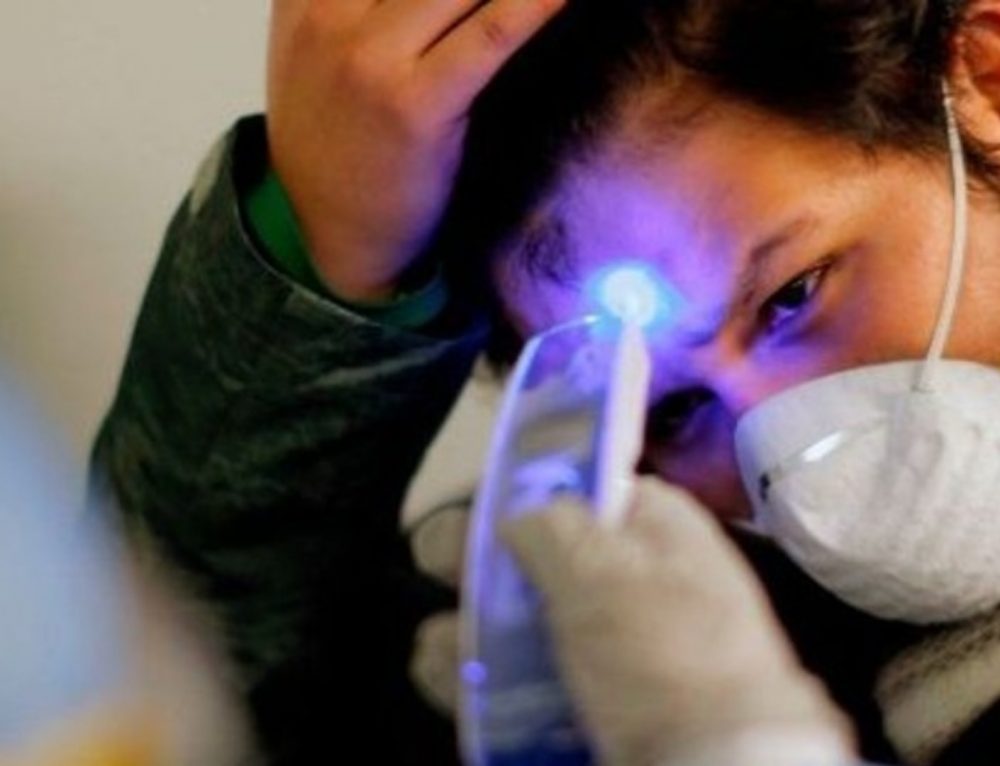Reopening too quickly, conflicting and confusing statements by officials, and fear of further infections could all see the initiative rolled back.
After months of lockdown, restaurants, stores, and other businesses were delighted to get back to work and serve their customers. But as a second surge of COVID-19 cases hits states like Texas and Arizona, both firms and governments have very important decisions to make.
In some cases, governments are putting their reopening plans on ice. Last Friday, Texas and Arizona reclosed bars except for takeout and scaled back restaurant dining capacity. Florida banned alcohol consumption at bars.
Yet many businesses had already taken their own measures, saying the increase in case numbers and confusing advice from state and local governments did not give them the confidence to stay open.
Apple, which started reopening May 11, has closed at least 32 stories in Florida and Texas in the past week. Best Buy, which only just reopened the majority of its 1,000 stores, has said it is reviewing local data and making adjustments, such as limiting customer capacity, accordingly.
In other cases, the firsthand impact of COVID has prompted closures. Gila River Casinos closed its three Phoenix locations on June 18 following the death of a security guard who had contracted the virus.
There are yet further cases where it has been employees pushing for temporary closures. In Washtenaw County, Michigan, some 1,300 bar servers signed a petition asking county officials to close restaurants until the virus threat passes.
Meanwhile, more than 250 lawsuits have been filed against U.S. businesses nationwide over coronavirus, including from employees who say they were terminated after they tested positive.
This brings its own uncertainties. Some businesses have been requiring customers and employees to sign a waiver saying they won’t sue if they contract the virus. But whether they can be enforced varies by state law and is open to debate.












